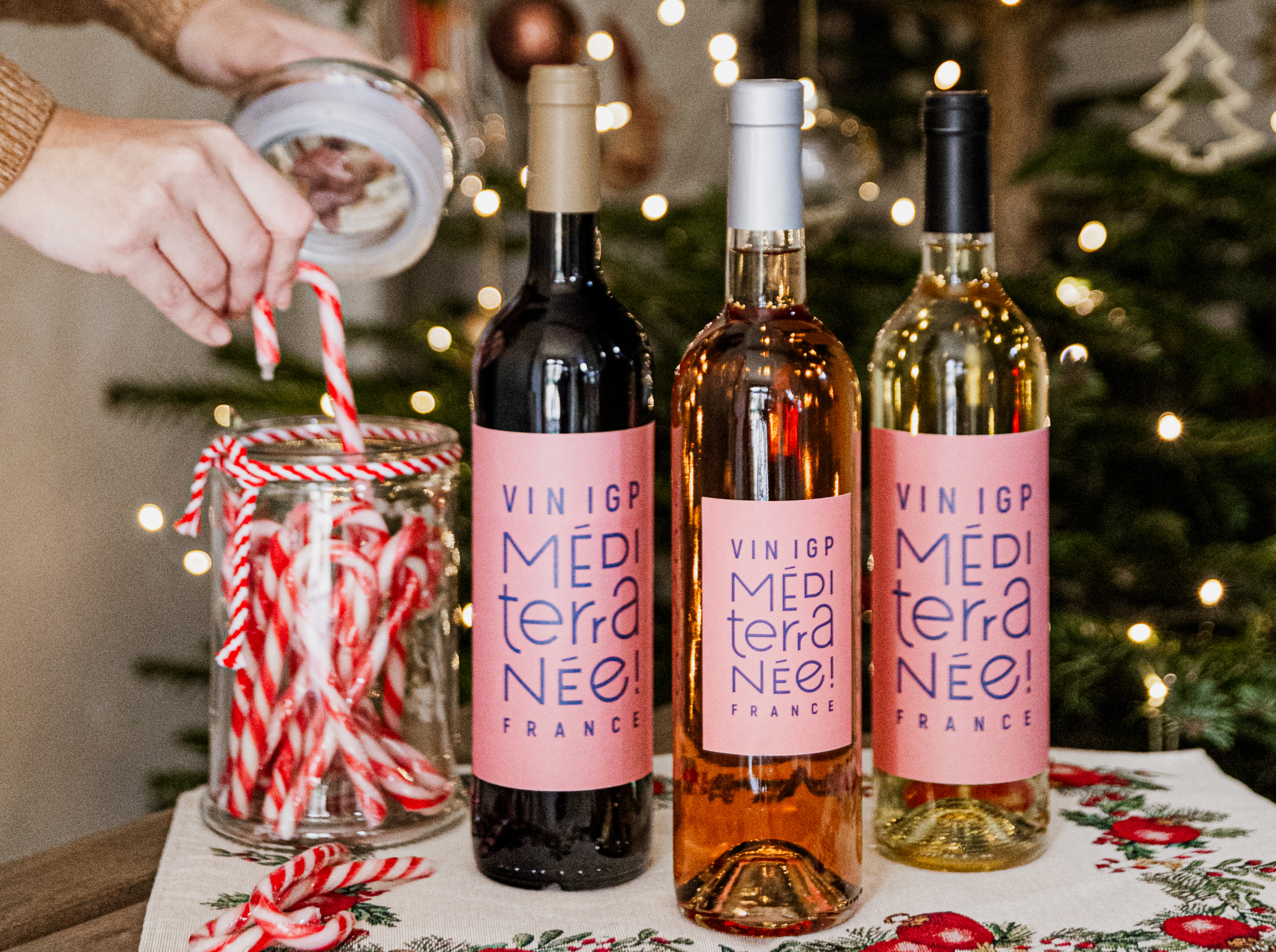Low alcohol beer ‘becoming more acceptable’
While just a few years ago it was considered social suicide, ordering a non-alcoholic or low-strength beer is starting to become the norm in the UK, according to new research.
More than half of Brits who took part in a OnePoll survey funded by beer giant Carlsberg said they have at least tried a non-alcoholic beverage, while 52% also said that non-alcoholic beers have become more socially acceptable in the past two years.
There were differences between the two genders, as while 35% of women have become more conscious about their alcohol intake over the last one to two years versus 30% of men.
Men were more likely to consume low or no alcohol alternatives at home and females were more likely to try it on a night out.
The study was published a week after the UK government’s Department of Health and Social Care emailed drinks industry insiders to inform them there would be no change to the current guidelines for labels on lower-strength beers, despite them being branded as ‘confusing’ for consumers.
Earlier this year, the Department of Health and Social Care launched a consultation into whether the current descriptors for low- and no-alcohol products resonate with consumers and industry. The current labelling regulations are due to expire next month.
Under the current rules, producers can only label a product as “low alcohol” if it has an ABV below 1.2%. Alcohol-free products must be 0.05% ABV or lower, and anything with an ABV of 0.5% should be called “de-alcoholised.” Drinks producers and industry leaders said the current guidelines are confusing for consumers.
The DoH sent a note to industry insiders who took part in the consultation on Monday 12 November, saying there was no “compelling new evidence” to suggest there was a need to raise the current threshold for low-alcohol labelling.
The note, seen by the drinks business, added that the department would keep the descriptors “under review” once they are renewed at the end of the year.
Partner Content
Brigid Simmonds, chair of the British Beer and Pub Association, said the outcome was “bitterly disappointing” for UK brewers.
“Changing the current definition of ‘alcohol free’ beer from 0.05% ABV to 0.5% ABV – as we suggested during the consultation process – would have brought the UK in line with the rest of Europe and other global markets.”
James Grundy, co-founder of low-alcohol craft brewery Small Beer Co. in South London, told the drinks business that “we already see that confusion manifesting itself in drinks menus, listing British-brewed 0.5% beers as alcohol free, which by this ruling would be incorrect.”
A number of breweries have opened over the last two years which exclusively brew beers below 3% ABV, including Big Drop, which launched in 2016.
Fitbeer, a naturally low-strength Bavarian Helles lager made with Hallertauer Tradition hops, was launched in 2016 by brother-sister duo Becky and Joe Kean, and has since gained listings in London restaurant groups such as Boisdale.
The beer is produced in Germany to around 0.3% ABV, so while it qualifies as an alcohol-free beer in the EU, it falls foul of the current labelling guidelines in the UK, and must be described as either low-alcohol or de-alcoholised.
He added that that, given the rise in consumers ordering non-alcoholic drinks, and the rising number of producers which specialise in lower-strength beers, “it would seem only right to have one set of rules for low/non alcoholic beer sold in the UK market regardless of brewing origin.”




